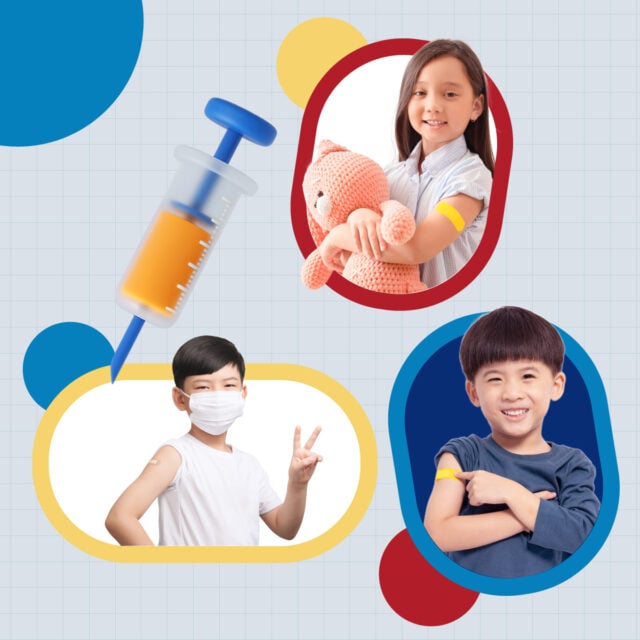Child development refers to the sequence of physical, thought, language and emotional changes that occur in a child from birth to the beginning of adulthood. Since different stages of child development need different healthcare plans, therefore it is important for all parents to pay additional attention to those changes, allowing their children to have appropriate growth and development. Well child check-ups specifically designed for each age range are vital as they enable to track growth and developmental milestones while screening for certain health problems in children that can substantially affect both physical and emotional health. In addition, early detection leads to timely and effective treatments before the diseases progress. Preventive health care derived from well child’s check-ups can help your children stay healthy.
Child development by age
Children in each stage exhibit different growth and development in which a wide range of care is needed under close supervision of pediatrician and parents. Specific needs for well child’s check-up in each age range include:
- Newborn to 7 days old: Right away after birth, newborn needs to be evaluated for newborn jaundice – a yellowing of the skin and eyes which occurs when the baby has an excessive level of bilirubin. To ensure that the newborn is healthy, other tests are blood tests for screening of underactive thyroid gland (congenital hypothyroidism) and hearing test. In addition, newborn’s immune system needs to be boosted with certain vaccines, including BCG vaccine against Tuberculosis and Hepatitis B vaccine.
- Infant up to 6 months old: Continuous monitoring in child growth and development is needed, ensuring proper milestones in all developmental aspects. Essential vaccines are required as scheduled by the pediatrician.
- Infant 6 – 12 months old: It is time to start dental health check-up to identify tooth problems, e.g. tooth decay and gum health. In addition, during this stage, eye examination to screen for common eye diseases in children, e.g. crossed eyes (strabismus) needs to be performed along with hip examination, genital examination and blood test for anemia.
- Toddler and kid (1 – 12 years old): The focus is placed upon different aspects of child development. Eye examination is needed for detection of short-sightedness (myopia), long-sightedness (hyperopia) and astigmatism, enabling the eyesight correction. Blood pressure and certain parameters obtained from blood tests, e.g. hematocrit and hemoglobin must be also measured. During this stage, the kids will be advised how to integrate themselves appropriately into their society, e.g. classroom and playground.
- Teenager (13 – 15 years old): It is a transitional phase from a teenager to an adult. The most common issue is inappropriate nutrition. To strengthen the body, regular exercise is essential. Regular check-ups become necessary.
 Well child check-up programs by age
Well child check-up programs by age
As the parents know their children the best, well child’s check-up programs by age are designed to match with different needs in each development stage of your children.
These include:
- Children aged 1 – 4
- A complete blood count (CBC)
- Dental health screening
- Children aged 4 – 7
- Urine exam
- Eye examination and visual acuity
- Color blind test
- Dental health screening and dental X-rays
- Children aged 7 – 15
- Liver function test
- Kidney function test
- Urine exam
- A complete blood count (CBC)
- Blood sugar test and lipid profile
- X-Rays for detecting bone’s age for precocious puberty if indicated
To best match the well child check-up programs to each individual kid, it hinges upon the consideration made by the pediatrician in which additional tests and investigations might be further required in some cases, if indicated. All instructions and recommendations given by the pediatrician should be strictly follow.











